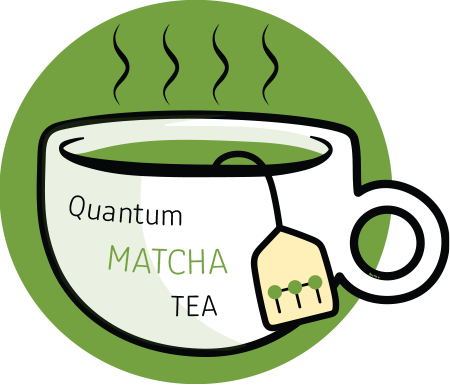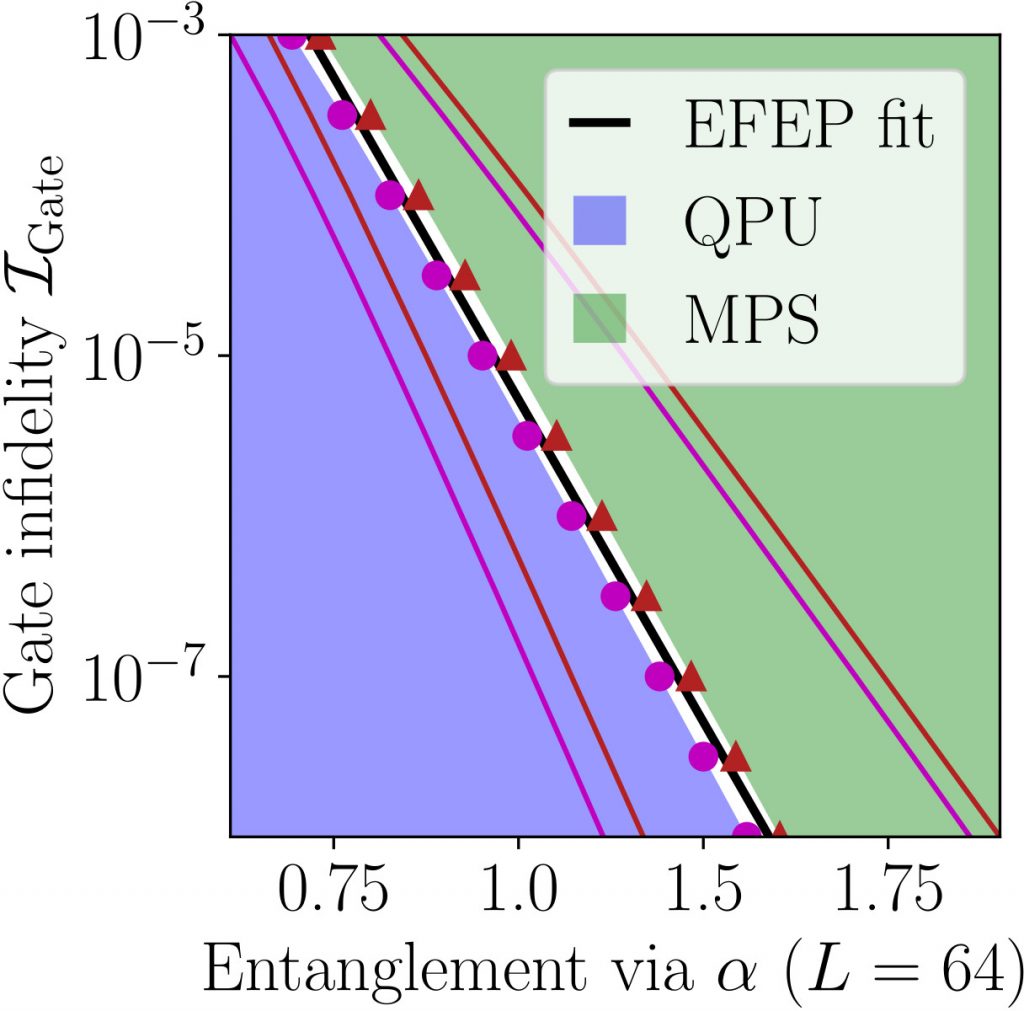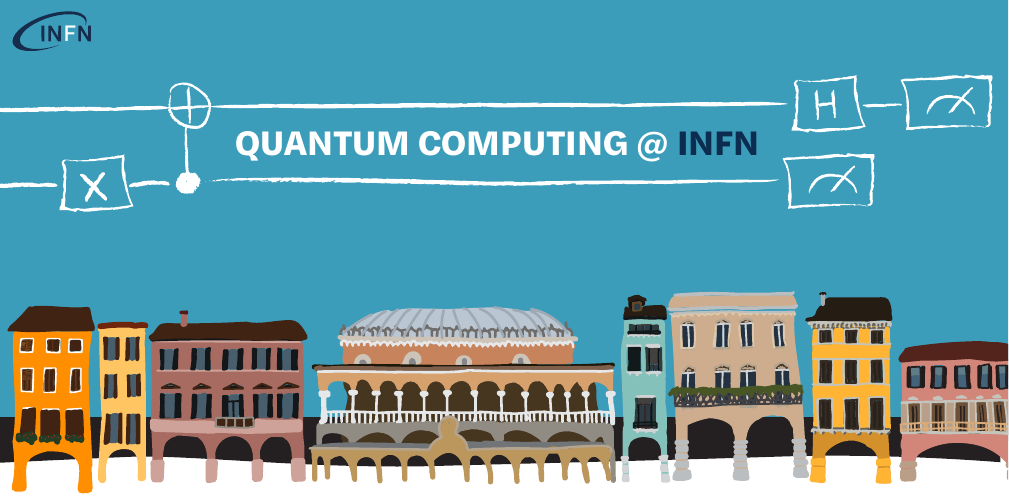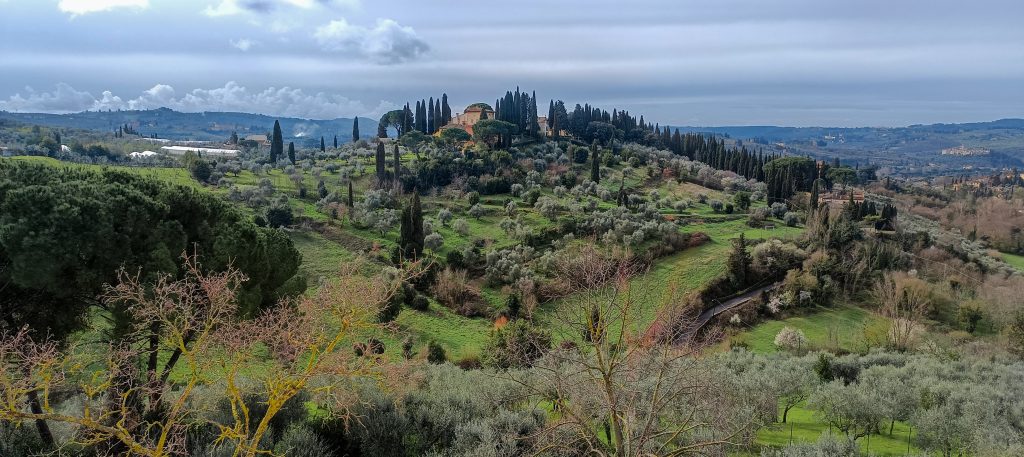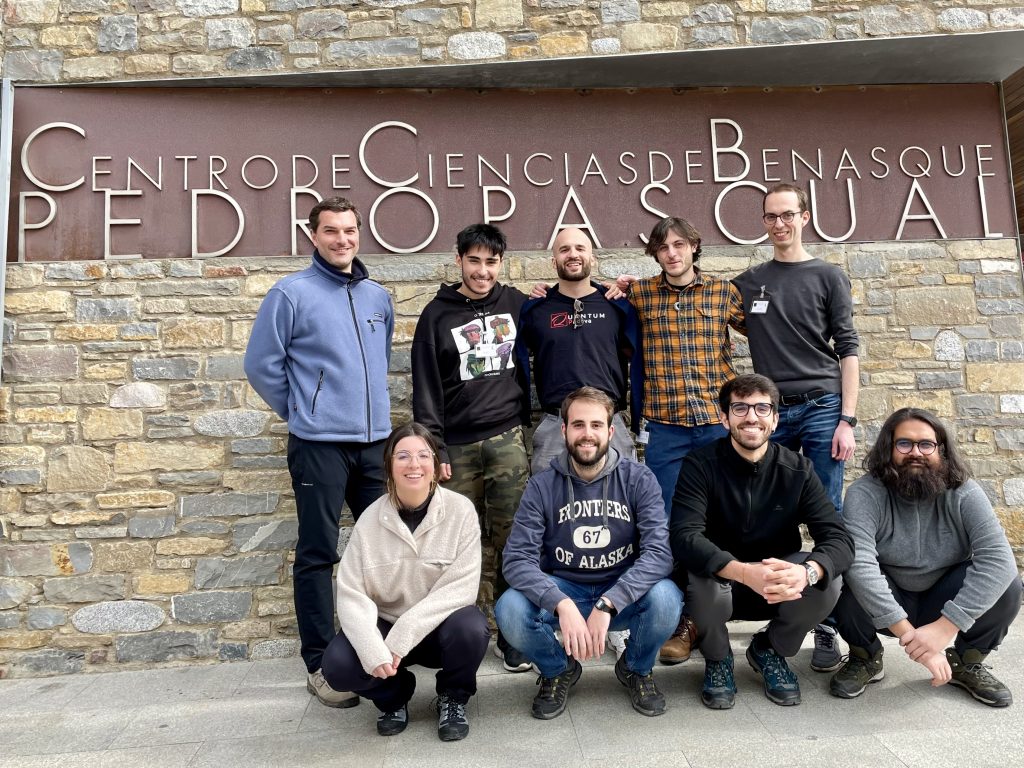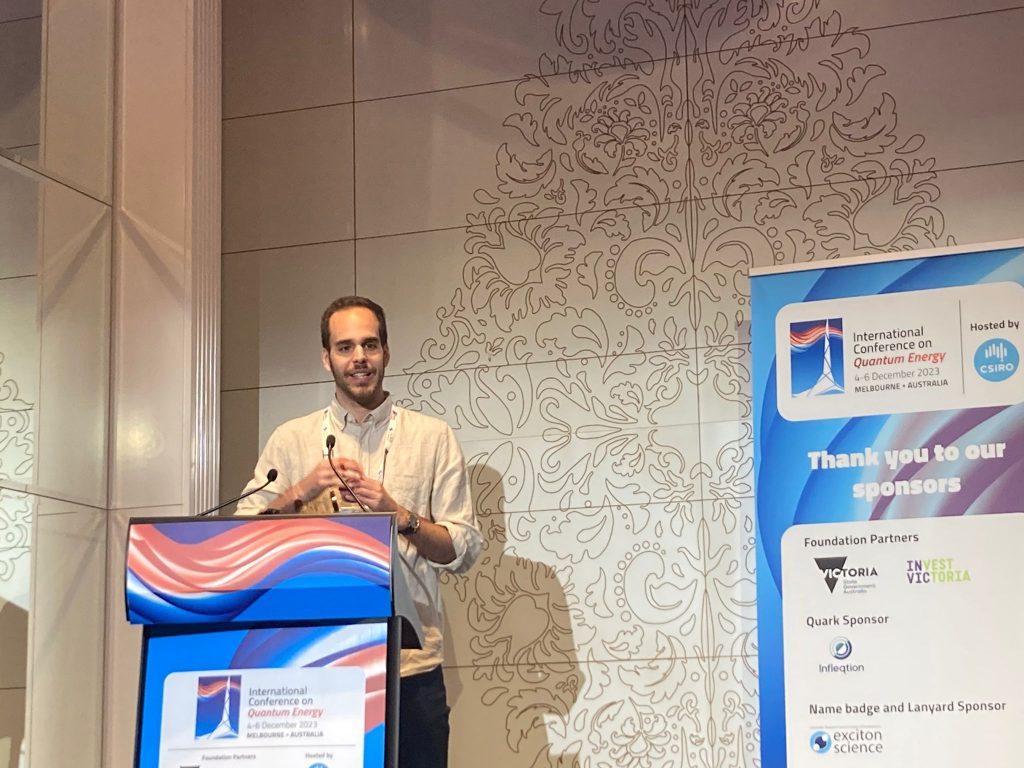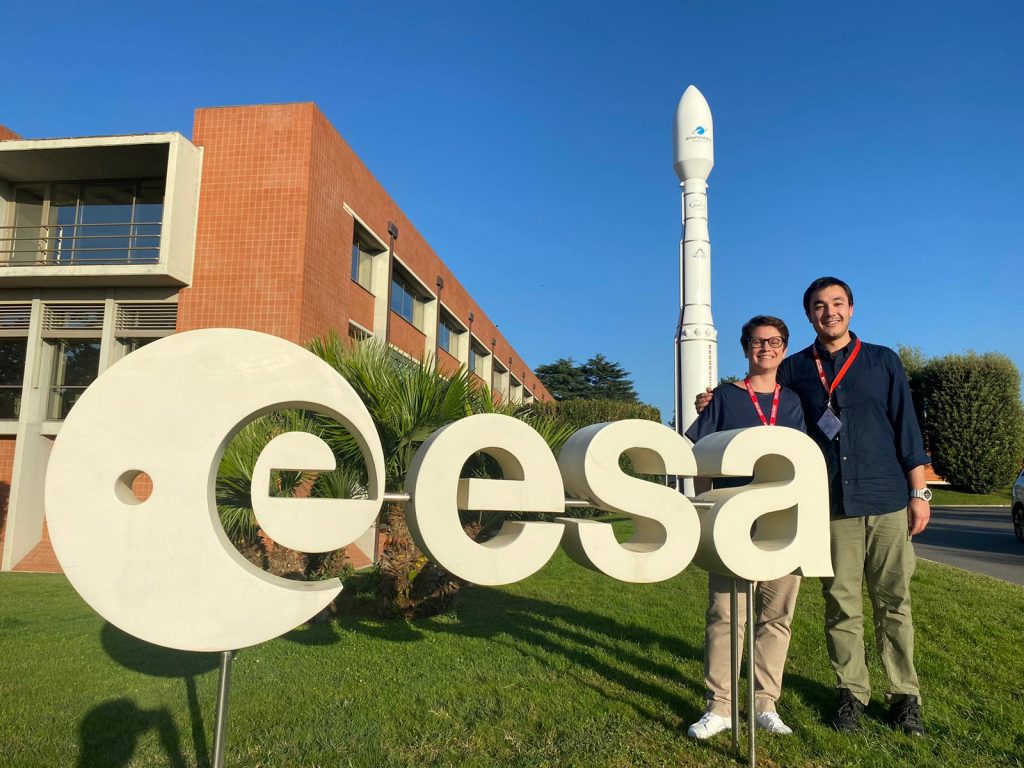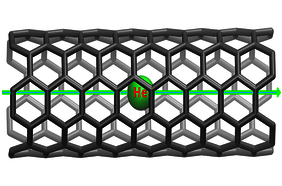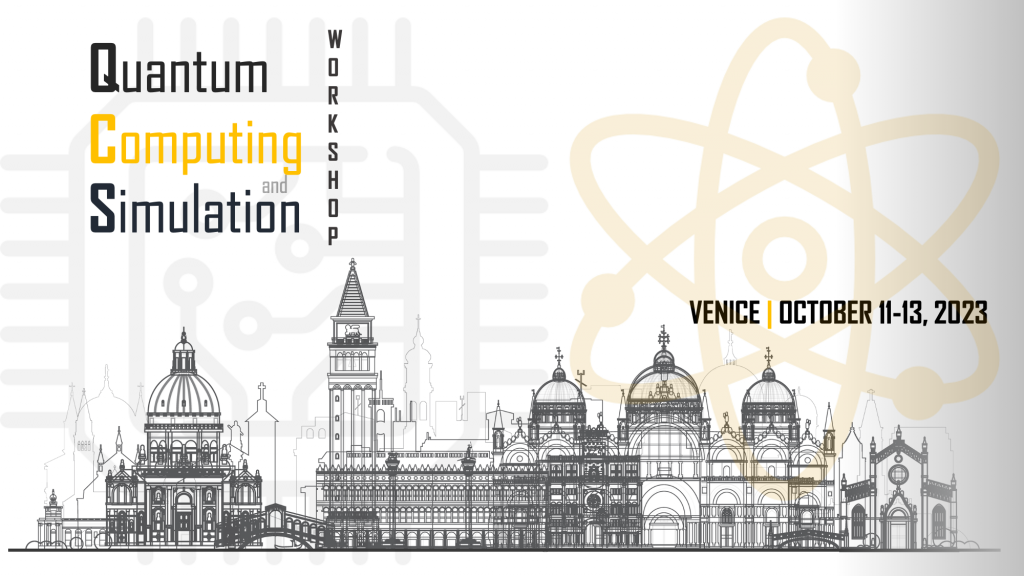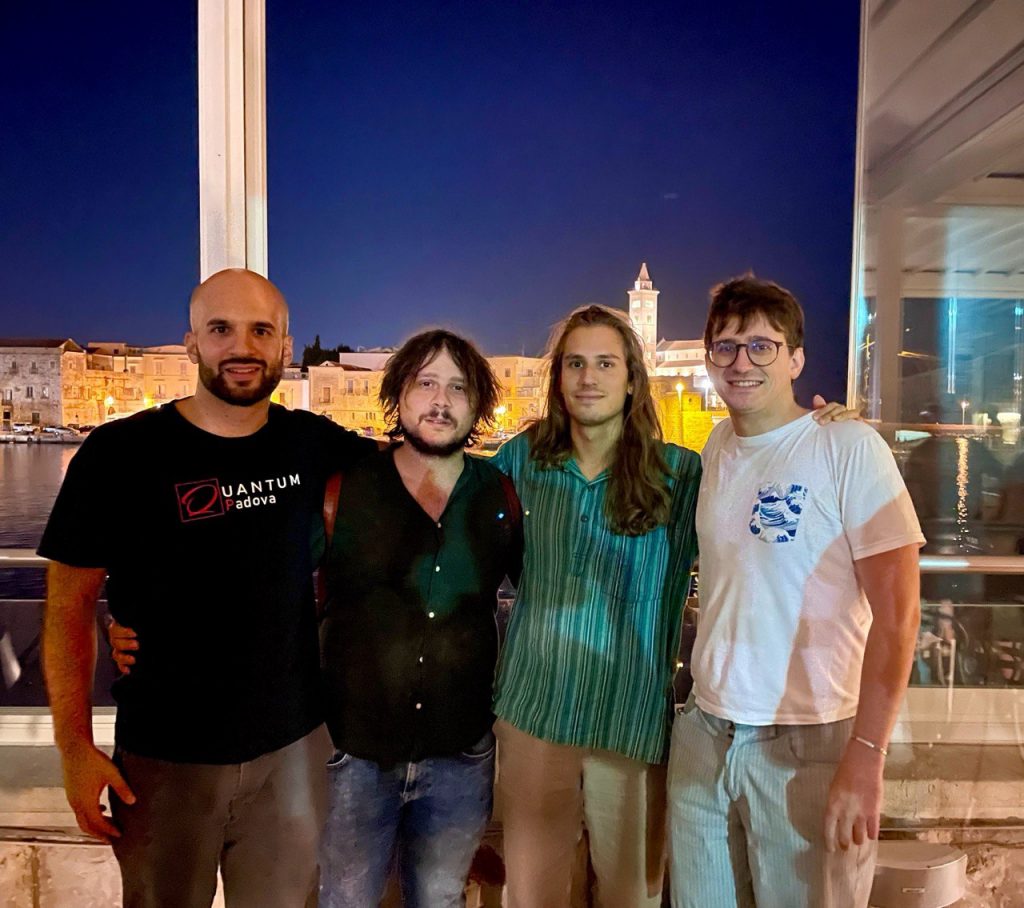Presented by Australia’s national science agency, CSIRO, the International Conference on Quantum Energy (ICQE) had its inaugural edition in Melbourne, Australia. The event explored the role of quantum mechanics in energy-related challenges, ranging from the energetic cost of computation to power conversion efficiency of photovoltaics technology. ICQE 2023 brought together experts from around the world, covering energy related topics across fundamental and applied disciplines, such as material science, light-harvesting, photochemistry, quantum information, quantum thermodynamics, and quantum chemistry. The event saw the participation of Australia’s Chief Scientist, and renowned physicist, Dr Cathy Foley AO PSM, who delivered the opening keynote address. Other esteemed keynote speakers included Prof Gerard Milburn, Prof Alexia Auffèves and Prof Sir Peter Knight, who shared their ground-breaking work and latest insights. Prof Auffèves gave an update on the Quantum Energy Initiative and the QEI workshop 2023 that was held in Singapore in November. MSCA Fellow Dr Francesco Campaioli gave an invited talk on the progress of energy storage in quantum systems, based on the colloquium article on quantum batteries authored with Dr G. M. Andolina, Prof M. Polini, Dr J. Quach, and Dr S. Gherardini, recently released on the arXiv. Francesco was nominated co-chair for the next edition of ICQE, together with Prof Alexia Auffèves (Research Director at CNRS, Director of MajuLab in Singapore, Head of Quantum Energy Team), with the aim to bring the event to Europe in 2025.

